Before applying for a job, seeking a loan, renting an apartment, or even getting involved with someone romantically, it’s crucial to conduct a background check on yourself. This process allows you to verify personal information such as your Social Security number, credit score, criminal record, and driving history.
By ensuring that all the details are accurate and current, you not only prevent future complications but also gain confidence in presenting yourself in the most favorable way possible.
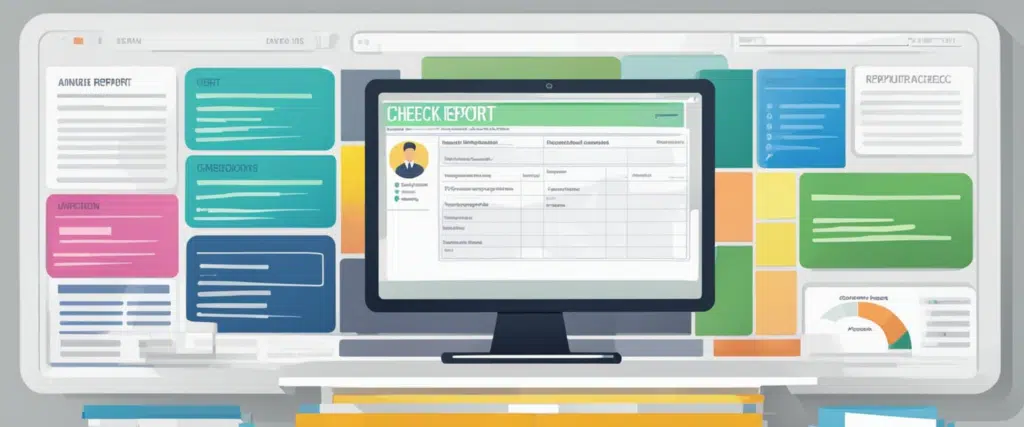
Thanks to the internet and online tools, running a background check on yourself is now simpler than ever before. With just a few easy steps, you can access your personal records quickly and review them for accuracy. It’s important to note that there may be legal restrictions and limitations on what information you can access and how you can use it. However, overall, conducting a self-background check is a valuable process that anyone can easily undertake.
In this article, I’ll walk you through the process of conducting a background check on yourself. I’ll explain what exactly a background check entails, what information it includes, and why it’s crucial to perform one on yourself.
Additionally, I’ll provide helpful tips and advice on how to access and review your personal records, rectify any errors or discrepancies you come across, and utilize the obtained information to your advantage.
Whether you’re seeking new employment opportunities, looking to rent an apartment, or simply wanting to ensure the accuracy and currency of your personal data, performing a background check on yourself is both prudent and responsible.
Understanding Background Checks
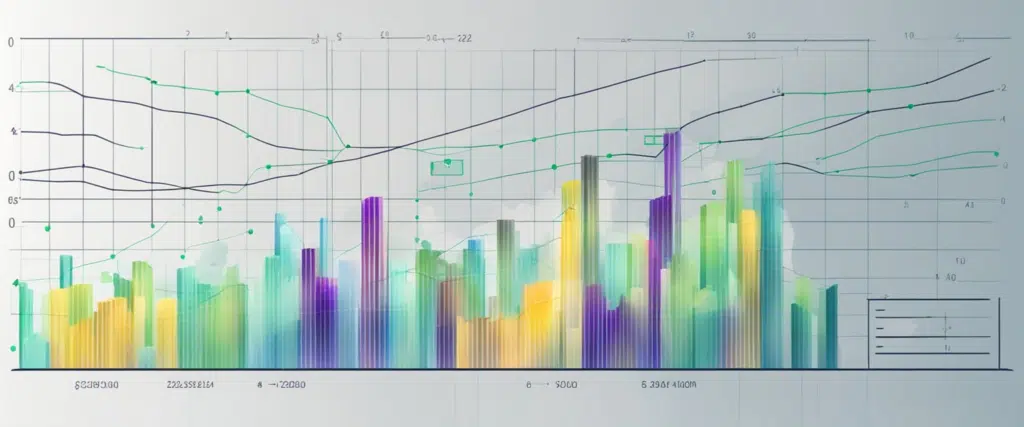
If you’re thinking about running a background check on yourself, it’s essential to know what a background check entails and what kind of information it can uncover. A background check is a thorough investigation that involves searching both public and private records to gather various details about an individual. The information obtained during this process may encompass criminal records, employment history, education background, credit history, and more.
Running a background check on oneself can serve various purposes. It can be done to verify the accuracy of personal information on record or to gain insight into what potential employers may uncover during pre-employment screening processes.
There are various types of background checks that individuals can conduct on themselves. One of the initial steps is to conduct a personal background check, which offers a comprehensive report on one’s criminal history, credit history, and other personal information. Additionally, an employment background check provides details regarding past employment history and any provided references.
It is worth mentioning that not all background checks are of the same quality. While there are free background check services online, they may not provide accurate or comprehensive information. If you want to conduct a reliable and thorough background check on yourself, it is advisable to use a reputable online service specialized in this area.
Having a good grasp of background checks is crucial when conducting a self-background check. By understanding what information is accessible and how to retrieve it, you can guarantee the accuracy and currency of your record.
Why Run a Background Check on Yourself
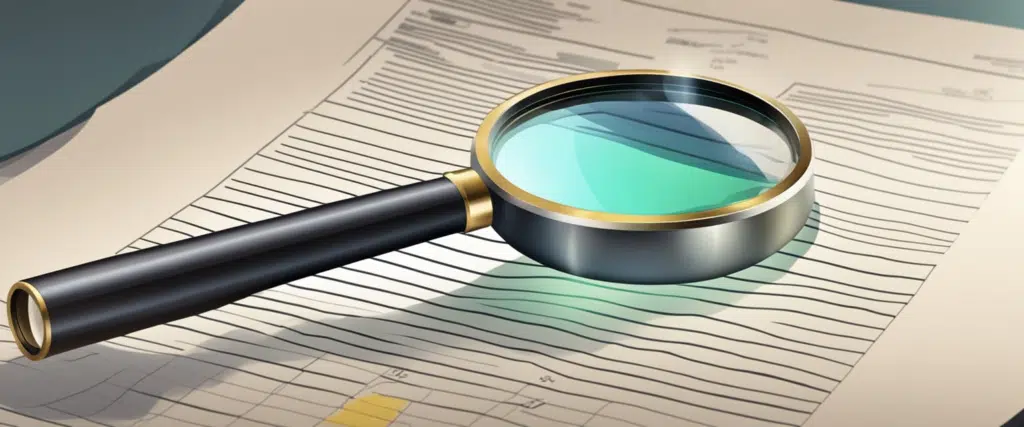
Performing a self-background check is crucial when searching for a new job, applying for rental properties, or considering a relocation. It enables you to discover what information exists about you and ensures that it accurately portrays your positive attributes.
One of the main reasons to run a background check on yourself is to ensure that there are no errors, inaccuracies, or discrepancies in your records. These mistakes can be costly and may affect your chances of getting a job or a rental property. By running a self-background check, you can identify any inaccurate information and contest it before it causes any harm.
Running a background check on yourself also helps protect against identity theft. Being a victim of identity theft can lead to substantial financial loss and damage to your reputation, with recovery often taking years. By conducting a self-background check, you can detect any suspicious activity and take necessary measures before it becomes irreparable.
Performing a self-background check is a straightforward and reliable method to safeguard yourself and verify the accuracy and currency of your records. It only requires a minimal time investment, but the long-term benefits are substantial.
What Information is Included

When you run a background check on yourself, you can expect to find a variety of information, including personal information, education and employment history, criminal record, credit report, driving record, and public records.
In a background check report, one crucial piece of information is your social security number (SSN). Conducting an SSN Trace allows for access to essential details like associated names and addresses. It is vital to confirm the accuracy and currency of this information.
A comprehensive background check report will also include your criminal record. This includes information about any past criminal convictions, imprisonment history, probation and parole records, as well as details about fines, citations, warrants, and court cases. It’s important to keep in mind that not all criminal records are public information and some states have restrictions on what can be disclosed.
In a background check report, your credit report holds crucial information. It encompasses your credit score, credit history, and any outstanding debts or financial obligations you may have. Regularly checking your credit report is important to ensure its accuracy and identify any potential errors or inaccuracies.
When employers conduct a background check, they may also consider your driving record. This report provides information regarding any past traffic violations, DUI incidents, or accidents. It is particularly relevant for jobs that involve driving responsibilities.
In addition to the above, a background check report may also include your education and employment history, references, legal name, current address, and social media accounts. It is important to ensure that all of this information is accurate and up-to-date.
Running a background check on yourself can provide valuable insight into any potential issues that could arise during the hiring process. It allows you the opportunity to address these concerns proactively.
How Employers Use Background Checks
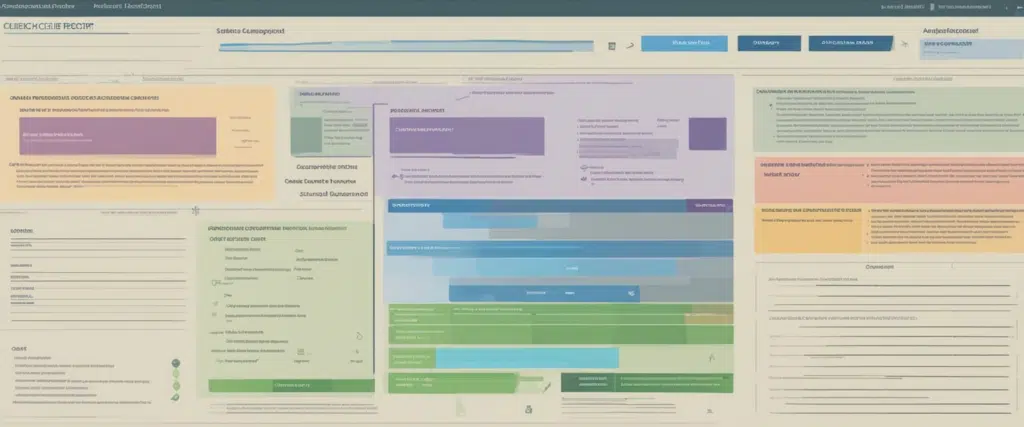
During the hiring process, it is common for employers to conduct pre-employment background checks on job candidates. These checks typically entail reviewing criminal history, verifying education and employment records, examining credit history, and other relevant factors.
Employers often perform employment background checks to make well-informed hiring choices and lower the chances of negligent hiring. These checks allow them to confirm a job candidate’s qualifications, experience, and character, ensuring that they are suitable for the position.
Employers have the option to conduct pre-employment screening themselves or hire a third-party service. Regardless of the approach, it is crucial that the screening process adheres to state and federal laws, such as the Fair Credit Reporting Act (FCRA).
It is important for job candidates to be aware of their rights when it comes to pre-employment background checks. Under the FCRA, employers must obtain written permission from the job candidate before conducting a background check, and provide them with a copy of the report if adverse action is taken based on the results of the report.
Employers commonly conduct pre-employment background checks as a standard part of the hiring process. These checks offer valuable insights for employers when evaluating potential candidates. As a job seeker, it’s crucial to be aware of your rights and ensure that all information included in your background check is accurate and current.
Understanding the Fair Credit Reporting Act

If you’re looking to run a background check on yourself, it’s essential to familiarize yourself with the Fair Credit Reporting Act (FCRA). This federal law governs the gathering, sharing, and utilization of consumer information, which includes credit reports and other background check data.
According to the Fair Credit Reporting Act (FCRA), national credit bureaus like Equifax, Experian, and TransUnion must provide thorough and precise information to both individuals and businesses upon request. The FCRA also grants consumers the right to access their own credit reports and contest any incorrect data they come across.
If you are planning to run a background check on yourself, it is important to understand your rights and responsibilities under the FCRA. For example, if you plan to use a third-party background check provider, you must ensure that they are in compliance with the FCRA and that they obtain your written consent before conducting the check.
It’s worth mentioning that, under the FCRA (Fair Credit Reporting Act), employers are obligated to obtain written authorization from job applicants prior to conducting a background check. Additionally, if an employer intends to take adverse action based on the results of the check, they must provide certain disclosures to the applicant.
Having a clear understanding of the Fair Credit Reporting Act (FCRA) is essential when conducting a background check on yourself. By familiarizing yourself with this law and knowing your rights, you can guarantee that any information you obtain is reliable and that your privacy remains safeguarded.
How to Check Your Social Media Presence

When conducting a background check on yourself, it’s crucial to assess your social media presence. Nowadays, employers often review candidates’ social media profiles during the hiring process. Being aware of what they might find is essential. Here are some steps you can follow to evaluate your social media presence:
- Begin by conducting a Google search of your own name to see what information appears. This will provide insight into the online presence you have, including any social media profiles associated with you.
- Take a moment to review and update your social media profiles. Make sure the information you have shared is current and presents you in a professional light.
- Take a moment to review the privacy settings on your social media profiles and ensure that you are comfortable with the visibility of your information. If you prefer that potential employers cannot access your profiles, it is advisable to make them private.
- Review your online presence – Take the time to review your online presence and check for any inappropriate content. This includes reviewing posts or photos that you have either posted or been tagged in. It’s important to remove anything that could be viewed as unprofessional or offensive.
- Build a professional online presence – It’s highly recommended to create a professional profile on platforms like LinkedIn. Having an optimized profile gives potential employers a positive impression of you, and allows you to highlight your skills and experience effectively.
To present yourself in the best possible way to potential employers, it’s a good idea to include a social media check as part of your background review. This will help you ensure that your online presence reflects positively on you.
How to Run a Free Background Check
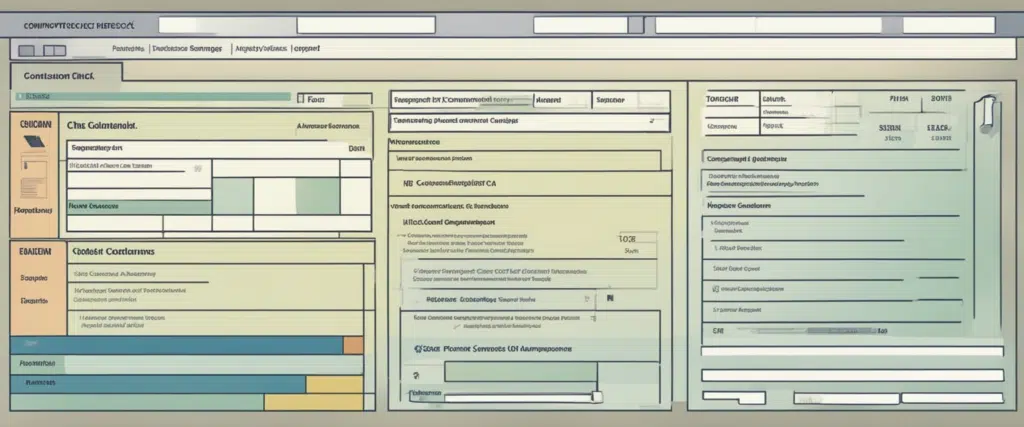
If you want to conduct a free background check on yourself, there are several options to consider. One commonly used choice is utilizing a free background check service like TruthFinder. These services enable you to search for your own information online, including criminal records, court records, and other relevant details.
If you’re interested in finding information about yourself online, one option is to use a search engine like Google. By typing your name into the search bar, you can see what results come up. It’s possible that you may discover some unexpected information. However, it’s important to remember that not all of the information found online is accurate or up-to-date.
It’s important to note that while some background check services are free, others may charge a fee. For example, if you want to access more detailed information about yourself, you may need to pay for a premium membership. However, if you’re just looking for basic information like your contact details, a free background check may be all you need.
Performing a free background check on yourself is a valuable method to stay updated on the information available about you online. Whether you opt for a free background check service or conduct your own search, it’s crucial to be mindful of your online presence and take necessary measures to safeguard your personal information.

How to Verify Your Education History
Confirming your educational background is a crucial step when conducting a self-background check. Many employers verify education history to ensure that candidates possess the required qualifications for a particular role. To verify your education history, consider following these steps:
- To obtain your transcripts and degree certificate, you’ll need to reach out to your school’s registrar office. They are responsible for keeping records of students, including transcripts and degree certificates. Simply contact the registrar office at the school(s) you attended and request a copy of your transcript and degree certificate.
- Double-check for errors: After receiving your transcripts and degree certificate, thoroughly review them for any mistakes. Pay close attention to ensure that your name, degree, major, and graduation date are all accurately stated.
- If your employer requires you to verify the authenticity of your degree, you have the option to reach out to the National Student Clearinghouse. This nonprofit organization offers degree verification services.
- Be cautious of diploma mills, which are illegitimate colleges that sell degrees to anyone who is willing to pay. Employers are becoming more vigilant in avoiding candidates with fraudulent degrees. It is recommended to review the list of known diploma mills maintained by the U.S. Department of Education to ensure that the educational institution you attended is legitimate.
Although not all employers require education verification, it is still a recommended practice to verify your educational background to avoid any potential errors or inconsistencies.
How to Correct Errors on Your Background Check
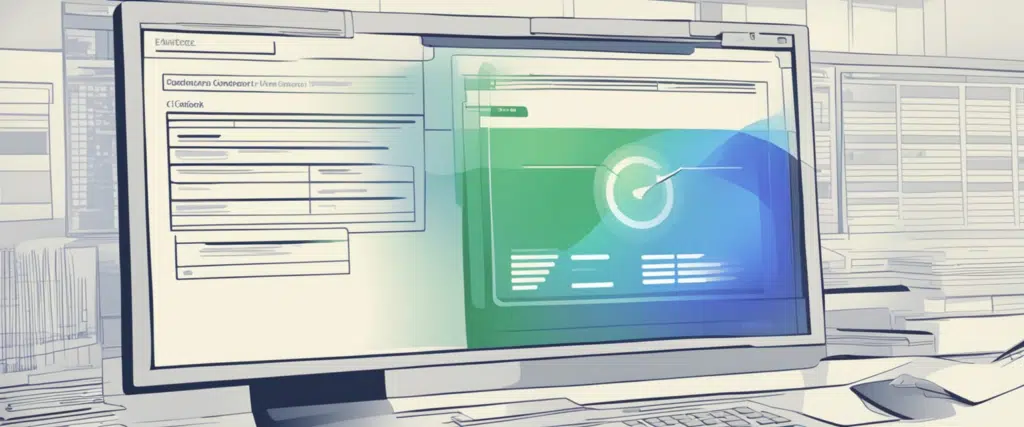
If you have received a background check report and found inaccuracies or errors, there’s no need to panic. You can take certain steps to correct the information and make sure your report reflects accurate details.
First, reach out to the background check company that issued the report. You can typically find their contact information on the report itself. Clearly explain the errors and provide any relevant supporting documents. The company will then conduct an investigation into the discrepancies and make any required corrections.
If the background check company does not respond or denies your request for corrections, you have the right to dispute the inaccurate information with the credit reporting agency. The Fair Credit Reporting Act (FCRA) guarantees your right to challenge any incorrect details on your report. Within 30 days of receiving your dispute, the credit reporting agency is obligated to investigate and rectify any errors.
Keep in mind that rectifying errors on your background check may be a lengthy process, so it’s crucial to remain patient and persistent in your endeavors. Don’t let any inaccuracies on your report hinder you from obtaining the desired job or rental. Take proactive measures to rectify the errors and guarantee that your report faithfully represents your background.
How to Check Your Driving Record

To check your driving record, you will need to contact your local Department of Motor Vehicles (DMV). The DMV maintains records of all traffic violations, license suspensions, and accidents that you have been involved in while driving. By checking your driving record, you can see what information potential employers or insurance companies will see when they run a background check on you.
To obtain a copy of your driving record, you will need to provide your full name, date of birth, and driver’s license number. Some states may also require you to provide your social security number. You can request your driving record in person, by mail, or online, depending on your state’s DMV regulations.
It’s crucial to carefully review your driving record for any errors or inaccuracies. If you come across any mistakes, it’s advisable to reach out to your local DMV and request the necessary corrections. Keeping your driving record accurate and current is important because it can impact your opportunities for employment as well as insurance eligibility.
Apart from reviewing your driving record, it is advisable to also review your credit history, criminal records, and work history for accuracy and currency. Taking a proactive approach by checking your own background can help you prepare for inquiries and identify any errors in the information that might negatively impact your chances of getting employment or insurance.
How to Monitor Your Online Footprint

If you’re interested in running a background check on yourself, it’s crucial to keep an eye on your online presence. Your online footprint refers to the digital trail that you leave behind whenever you use the internet. It encompasses your social media profiles, online interactions, and any information that can be discovered about you on the web.
To keep tabs on your online presence, a simple method is to create a Google Alert for your name. With Google Alerts, you’ll receive email notifications whenever your name pops up online, helping you stay informed about any new mentions or information being shared about you.
To keep track of your online presence, it’s helpful to periodically search for your name on popular search engines like Google, Bing, and Yahoo. This simple action allows you to assess the information that is accessible about you online and provides insight into what others can find when they look you up.
Being mindful of your social media presence is also crucial. Take the time to enhance your privacy settings so that only necessary information can be viewed by others. Regularly review your posts and remove anything that might be interpreted as inappropriate or unprofessional.
Lastly, it’s crucial to remain vigilant about government agencies that may gather information on individuals. If you have a criminal history, it is advised to verify the accuracy and currency of your record. You can accomplish this by conducting a background check on yourself or reaching out to the pertinent government agency.
To safeguard your privacy and reputation, it’s essential to keep track of the information being shared about you online. By monitoring your digital footprint regularly, you can stay informed and take necessary actions to protect yourself.
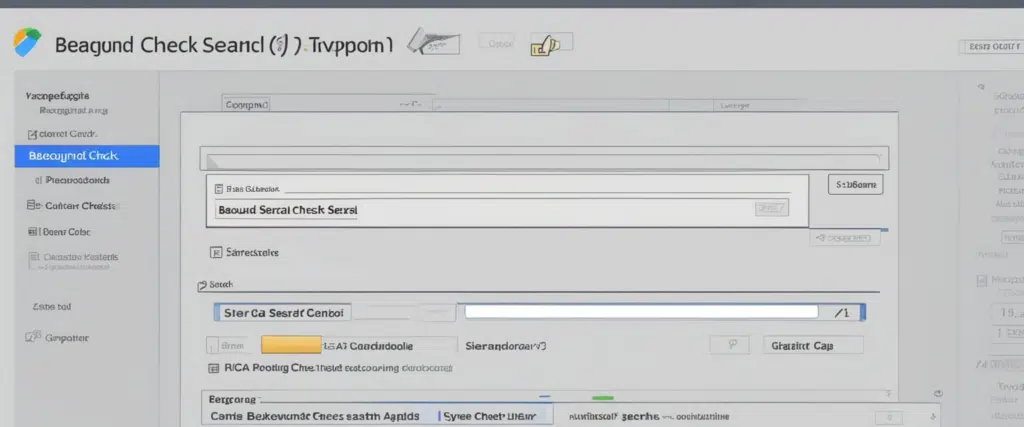
People Asked Questions
How can I obtain a personal background check for employment purposes?
If you require a personal background check for employment, you can simply reach out to the company or organization offering you the job. They will typically furnish all the required information and forms to facilitate the process. There may be instances where you are required to provide your own personal details, such as date of birth and Social Security number, in order to initiate the background check.
What are some reputable background check companies?
If you need a thorough background check, there are several reputable companies you can turn to. Some popular ones include Checkr, HireRight, and Sterling Talent Solutions. It’s crucial to do your research and select a company with an excellent reputation and a proven track record of delivering accurate and reliable information.
Where can I get a background check done on myself?
If you want to perform a background check on yourself, there are a few different options available. You can utilize online background check companies that offer self-background checks. These services allow you to review your personal information and look out for any potential red flags. Alternatively, you can also reach out to your local police department or the FBI to request a background check.
What is the process for obtaining a federal background check?
If you need a federal background check, you will have to fill out an application and submit it to the relevant agency. The length of time it takes depends on various factors, such as the agency and the complexity of the background check. You might also be asked for additional documentation or information to complete the process.
What are some red flags that may appear on a background check?
During a background check, certain indicators may raise concerns. These can include criminal records, bankruptcy filings, and negative credit history. It is crucial to review your own background check report and rectify any issues or inaccuracies prior to the hiring process to avoid potential problems.
How do I perform a background check on someone I am dating?
When dating someone, conducting a background check can be a delicate and intricate procedure. Respecting the privacy of the other person is crucial, and it’s essential to obtain their consent before proceeding with a background check. Numerous online companies provide this service, but it’s vital to select a reputable company and handle the obtained information responsibly.
That’s it. Let me know if you need anything else.






